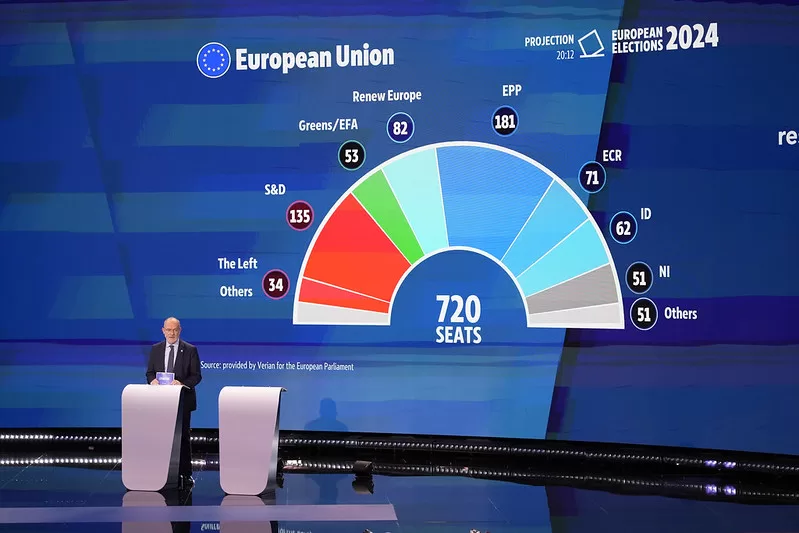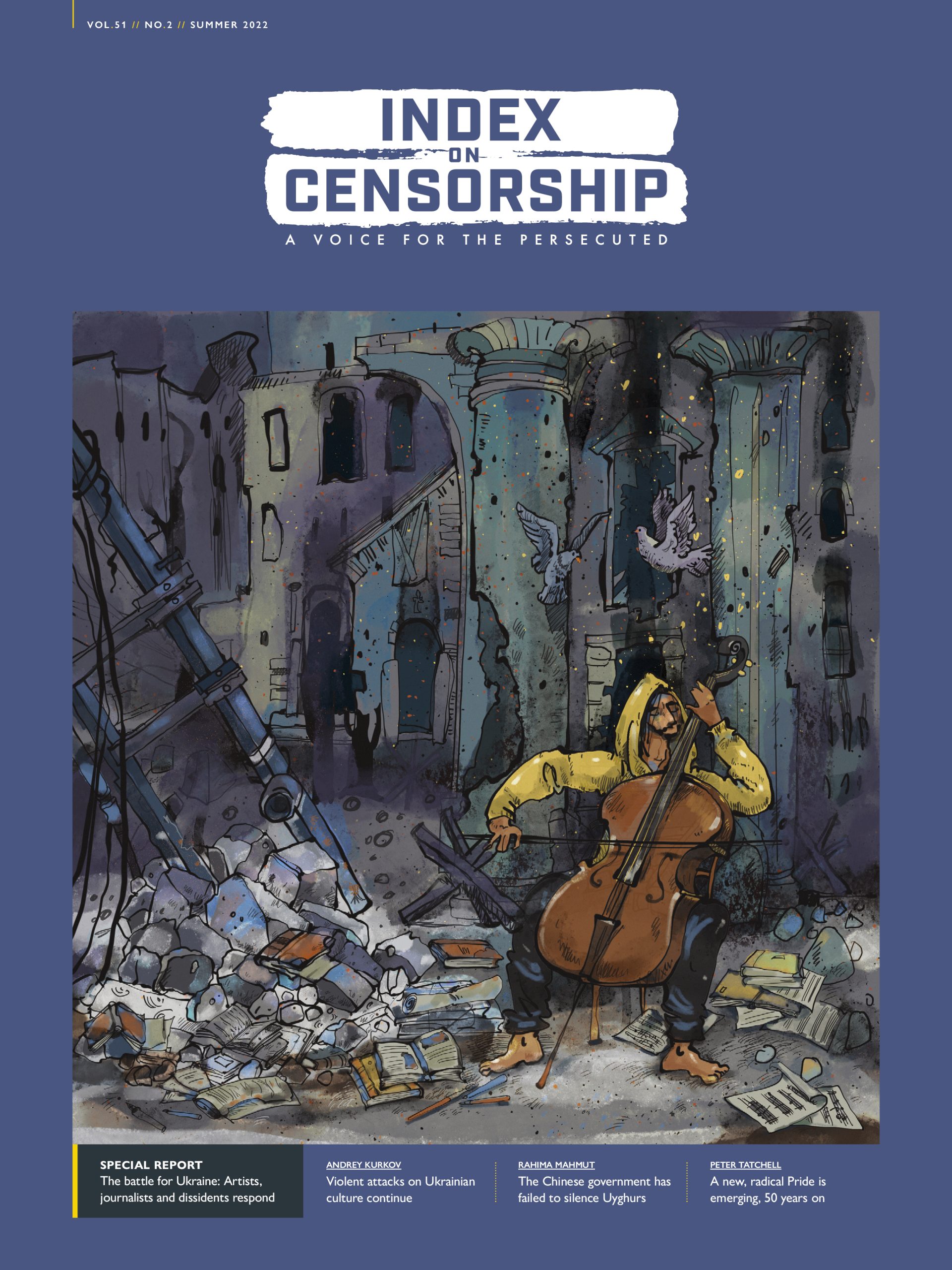A policy paper published by Article 19 has provided guidelines to help establish the difference between hate speech and freedom of expression, especially in reference to the use of hate speech against LGBTI people.
By focusing on “international standards and domestic trends countering the advocacy of hatred that constitutes incitement to hostility, discrimination or violence (“incitement”) specifically, and hate speech more generally,” Article 19 aims to define what constitutes as hate speech as well as making recommendations for the protection of freedom of expression.
The paper comes after human rights advocates, policy makers and the general public demanded clarity as to where the line should be drawn between free speech and hate speech, in particular that surrounding LGBT people.
In a statement on their own website, Article 19 said: “The paper is guided by the principle that coordinated and focused action to promote the rights to freedom of expression and equality is essential for fostering a tolerant, pluralistic and diverse democratic society in which all human rights can be realised, including those of LGBTI people.”
The policy paper points out the need for all “domestic prohibitions” to include sexual orientation and gender identity as protected characteristics, but that these laws need to conform to international standards on limiting the right to freedom of expression and information.
Through the paper Article 19 hopes to establish clear boundaries “between permissible and impermissible expression” as well as providing guidelines to help others determine what fits into each category. Not only this, but the report will also contribute to “ensuring that all people are able to enjoy both the right to freedom of expression and the right to equality.”
The report also includes a breakdown of the current jurisdiction against hate speech in 36 countries, primarily in Europe, to highlight the difference between the constitutional and philosophical choices that each country makes when drawing up legislation on free speech and equality.
Read the full report here.




